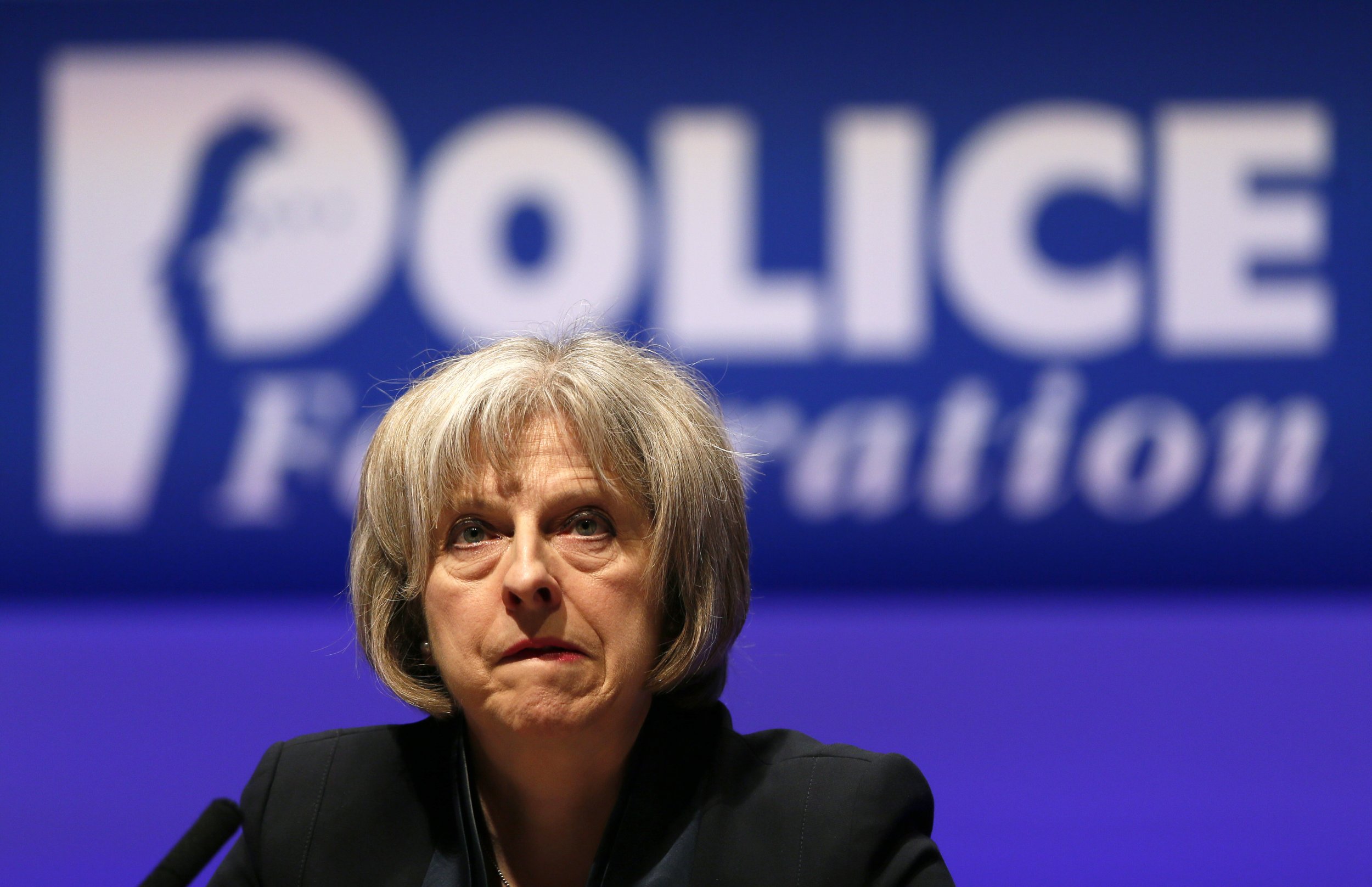
This article was originally published on The Conversation. Read the original article.
In counter-terrorism policing, we have protected those budgets and we're currently protecting police budgets.
Theresa May, the Conservative prime minister, during the Sky/Channel 4 election interview on May 29.
The terrorist attacks in Paris in November 2015 had international implications for policing, illustrating that whatever happens globally affects you locally. Following the attacks, EU heads of state approved a Europol initiative to establish the European Counter Terrorism Centre in January 2016. Its aim was to perform a similar role to the U.K.'s Joint Terrorism Analysis Centre based in MI5 headquarters, which has been in operation since 2003.
In the U.K., this coincided with a spending review and autumn statement, in which then-chancellor George Osborne pledged to protect police budgets in real terms, and increase counter-terrorism budgets by 30 percent. It was this decision that the Conservative party confirmed to The Conversation that May was referring to in her election interview.
While Osborne's decision in 2015 to protect police budgets was extremely welcome within a service that was anticipating further cuts, work by the Institute for Fiscal Studies has catalogued how total police spending had already fallen by 14 percent or 3.7 percent a year in real terms between 2010-11 and 2014-15. Looking at the government's new commitment, the same researchers have indicated that police budgets are estimated to remain "broadly flat" in cash terms between 2015-16 and 2016-17.
Osborne's protection of police budgets was also conditional. All police forces were expected to increase their firearms capability, as a means of meeting the terrorist threat.
Forces also receive a counter-terrorism grant, but all forces receive varying amounts depending on the policing budget formulas. While the total grant stood at £579m in 2010-11, it dipped slightly to £564m in 2015-16 and rose to £633m in 2017-18.
The key partner in counter-terrorism is the security service, MI5, which since 2004 has witnessed enhanced budgets and expansion. In the wake of the London 7/7 attacks in 2005, regional Counter Terrorism and Intelligence Units were also established across the country. Although these are made up of a number of different security agencies, they are effectively led by the police.
Numbers down
After the election of the Conservative-led coalition government in 2010 and May's appointment as home secretary, the police service sustained sequential cuts to funding. This resulted in the loss of 17,000 police officers by December 2015. In the Sky/Channel 4 interview, May admitted that the number of police had decreased from 141,850 in 2010 when the Conservatives came in to 124,000 in 2017.
"As a police officer I have been witness to the devastating effects of police cuts in your time as Home Secretary" #BattleForNumber10 pic.twitter.com/Kr0mNMsRiP
— SkyNews (@SkyNews) May 29, 2017
Given the reductions in police staffing levels, police forces have been forced to reduce their support functions, such as Intelligence Units. For example, Merseyside now has one centralized Intelligence Unit rather than one in each division. My understanding is that these cuts have had direct implications for frontline work, especially neighborhood policing.
Yet neighborhood policing had been the one policing strategy that the police service got right in recent years: increased visibility, modest reductions in crime and disorder and the fear of crime, have culminated in the public feeling safer. Due to the cuts overseen by May's Home Office, that key element which can help defeat terrorism is almost a distant memory.
Verdict
May is correct to say that counter-terrorism budgets have been protected—since November 2015—but this includes the security service not merely the police service. The police endured successive reductions in budgets after 2010, which she oversaw as home secretary. Remember that between July 2011 and August 2014 the threat level was set at "moderate" and counter-terrorism policing did not have the profile it does currently. May's agenda during this time was to impose sequential cuts to funding and impose changes to working practices, the fruits of which are now being witnessed in neighborhoods.
Peter Williams is a practitioner fellow in policing at Liverpool John Moores University.
Uncommon Knowledge
Newsweek is committed to challenging conventional wisdom and finding connections in the search for common ground.
Newsweek is committed to challenging conventional wisdom and finding connections in the search for common ground.
About the writer
To read how Newsweek uses AI as a newsroom tool, Click here.






